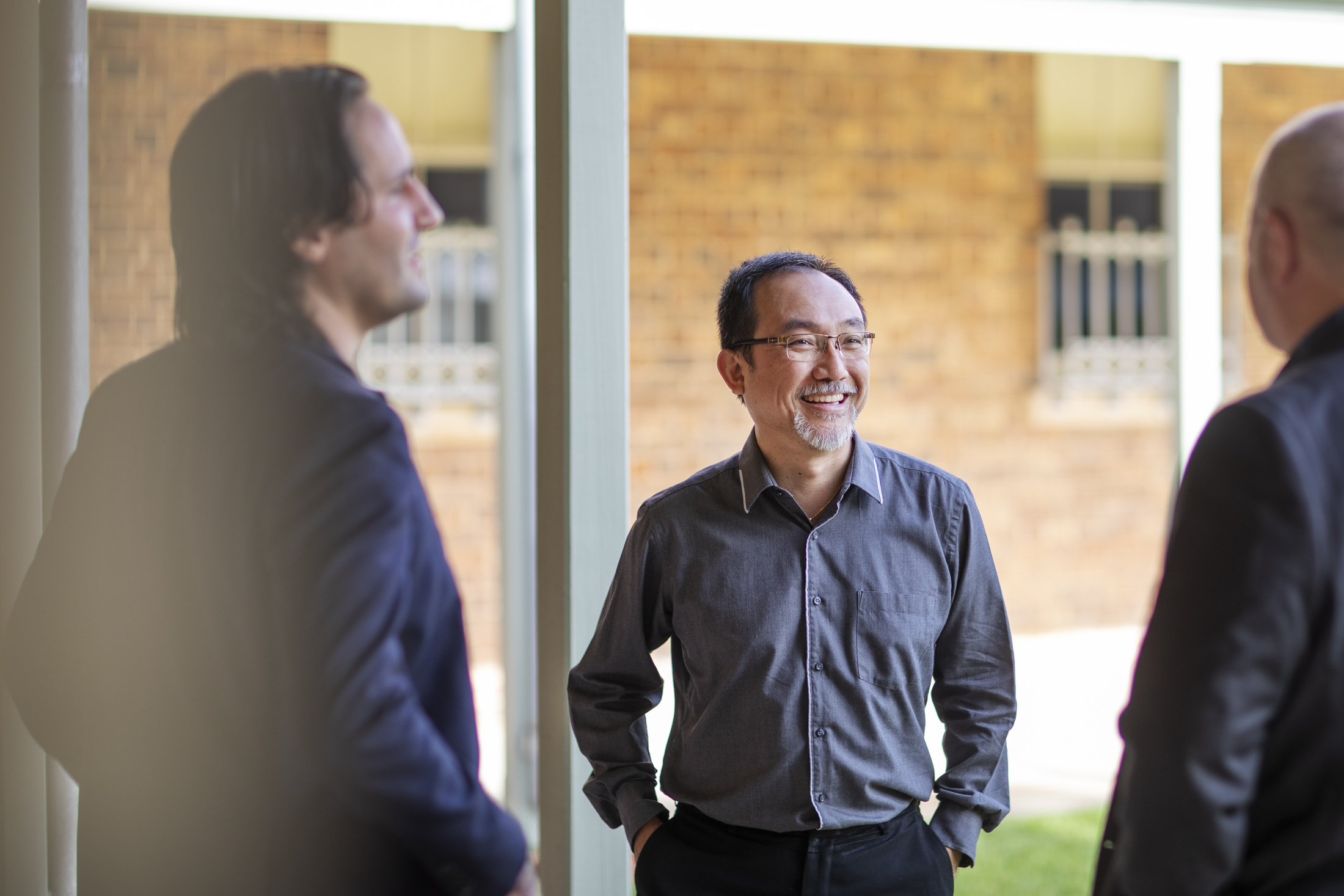
Our mission is to enhance health and wellbeing outcomes for men and boys
Western Sydney University has demonstrated leadership locally and nationally in the area of men’s health for over 20 years. The Men’s Health Information and Resource Centre (MHIRC) was first established at Western in 1999 to enhance the health and wellbeing of men and boys. Building on the strong foundations set by MHIRC, the Centre for Male Health was established in 2021. We work with our local community to identify health and wellbeing priorities, providing evidence-based solutions to complex problems and evidence of impact for established community initiatives.
The Centre for Male Health brings researchers from a diverse range of disciplines together into a single entity at Western Sydney University. The unified approach to male health ensures that projects are sustainable, impactful, and linked to real health and wellbeing outcomes. Our research is community-focused and driven by our vision to enhance physical and mental health and social connectedness for men and boys. We work closely with peak governing bodies, local organisations and community groups to promote activities in the community, and to advocate for better health outcomes for men and boys. Our partnerships are underpinned by the principles of meaningful engagement, mutual benefit, and real-world impact. We are building a core network of community organisations at the Centre for Male Health to ensure a proactive and community-led approach to physical, mental, and emotional health.
